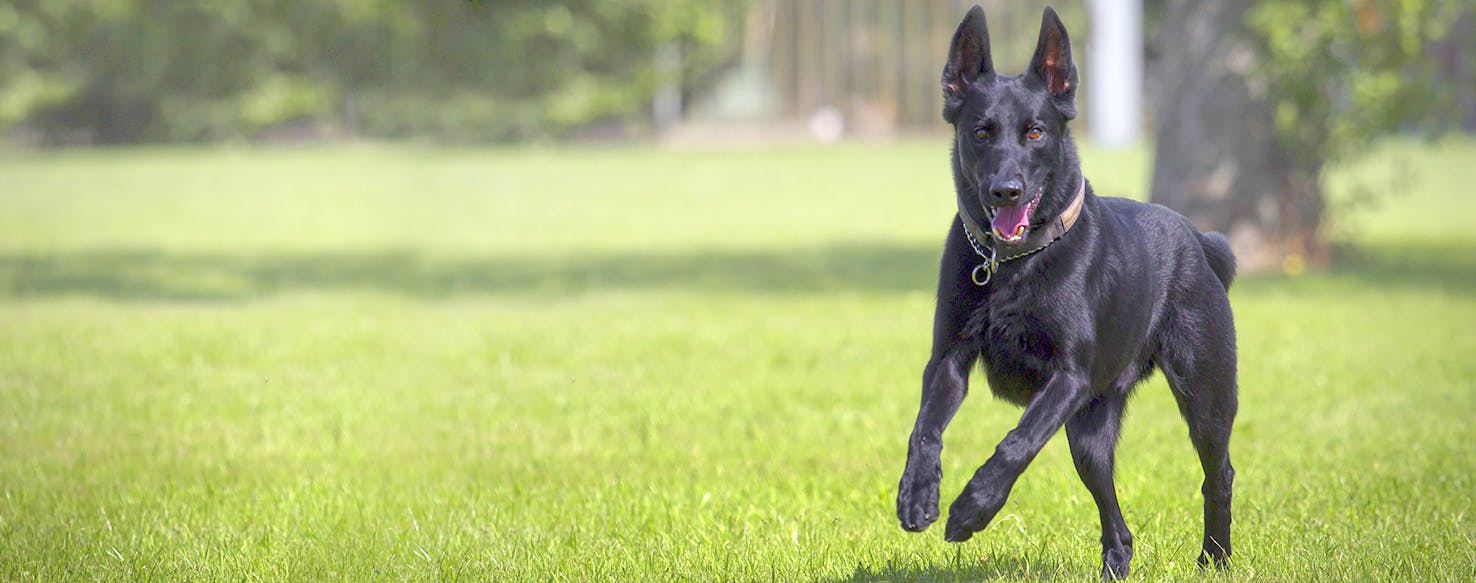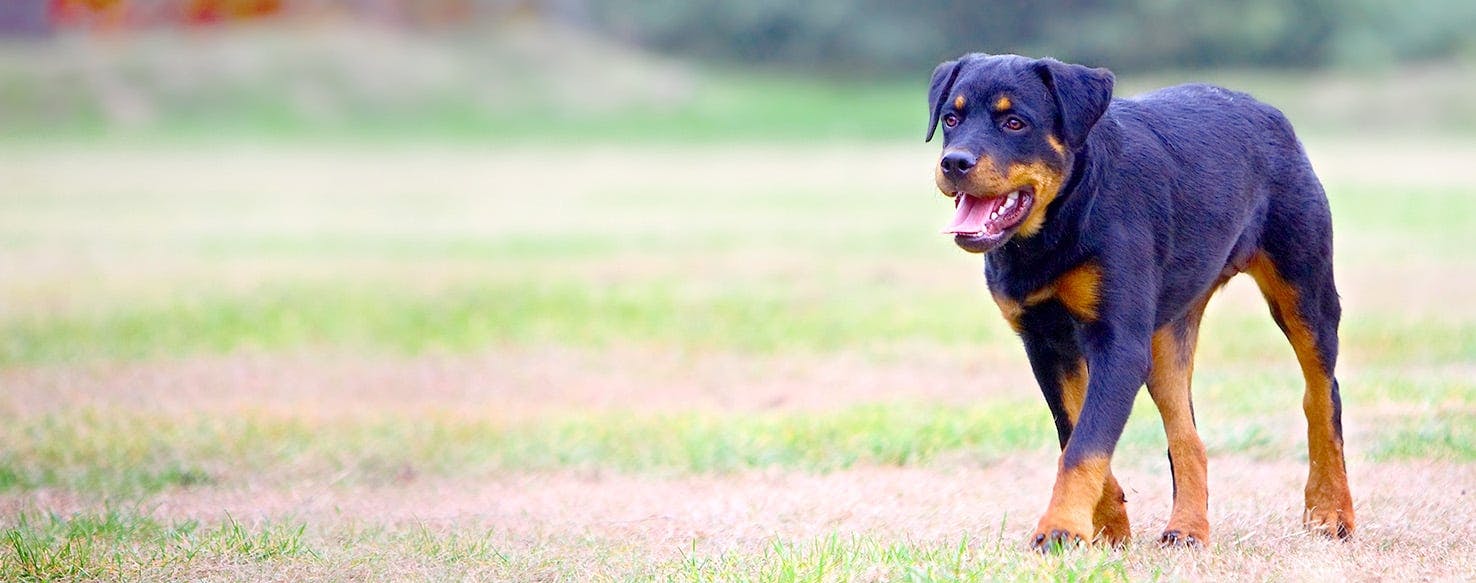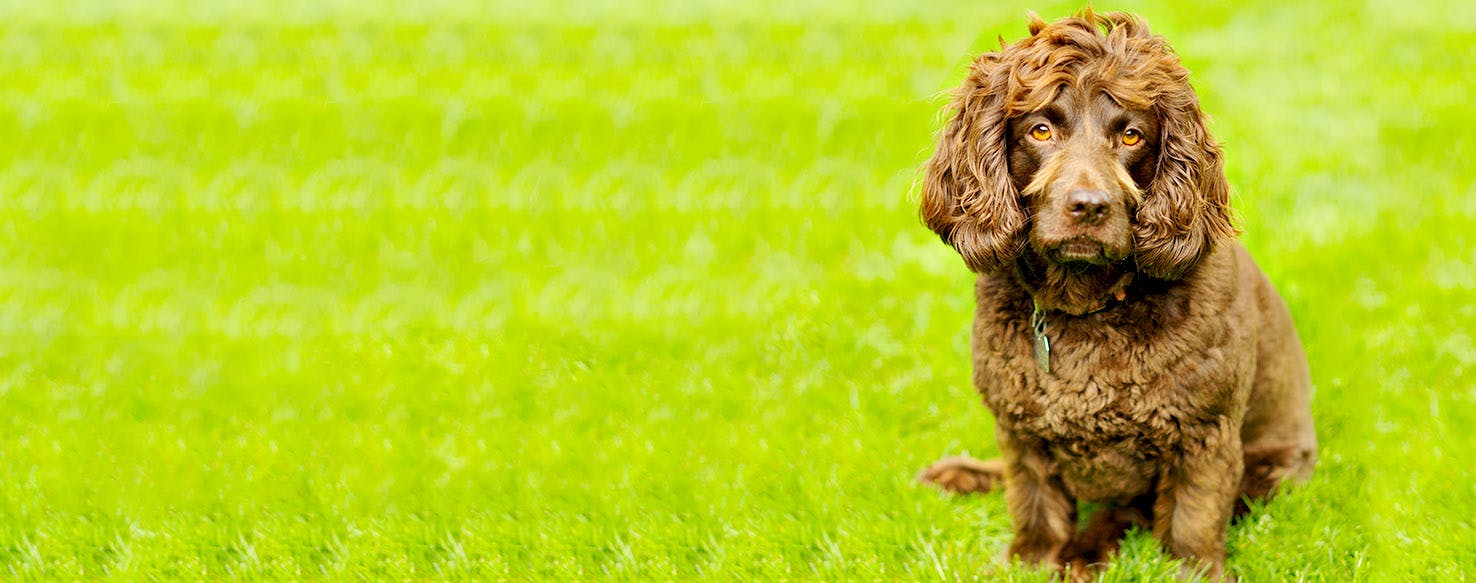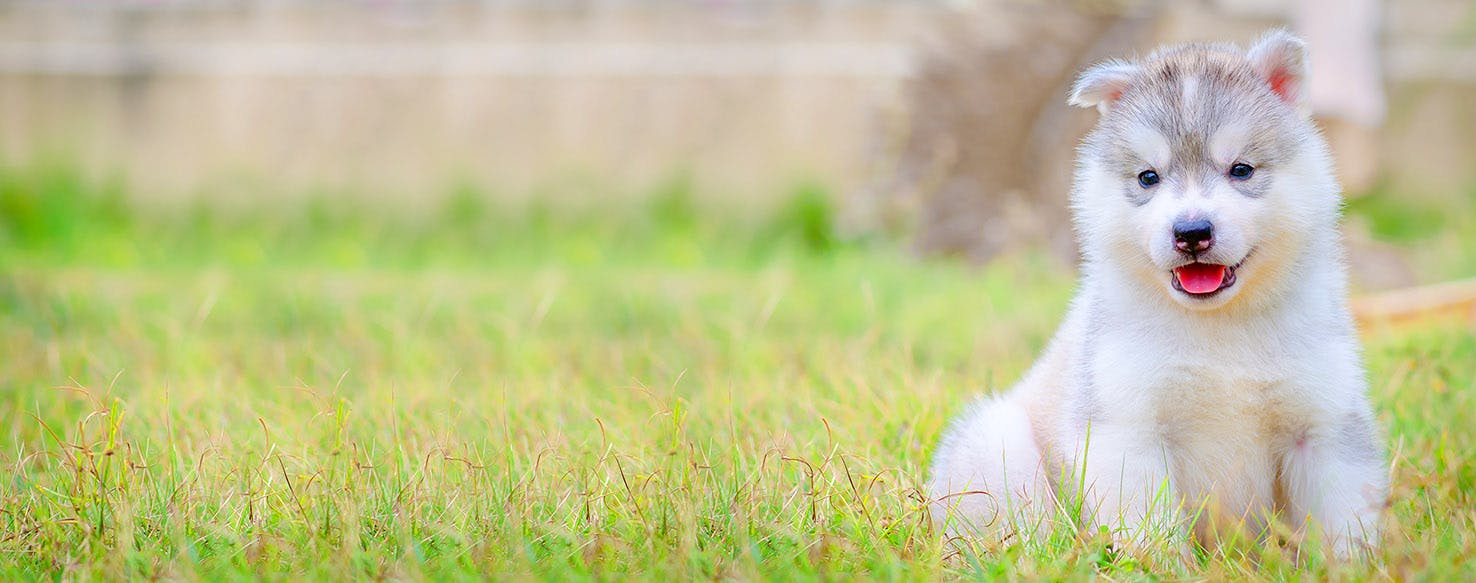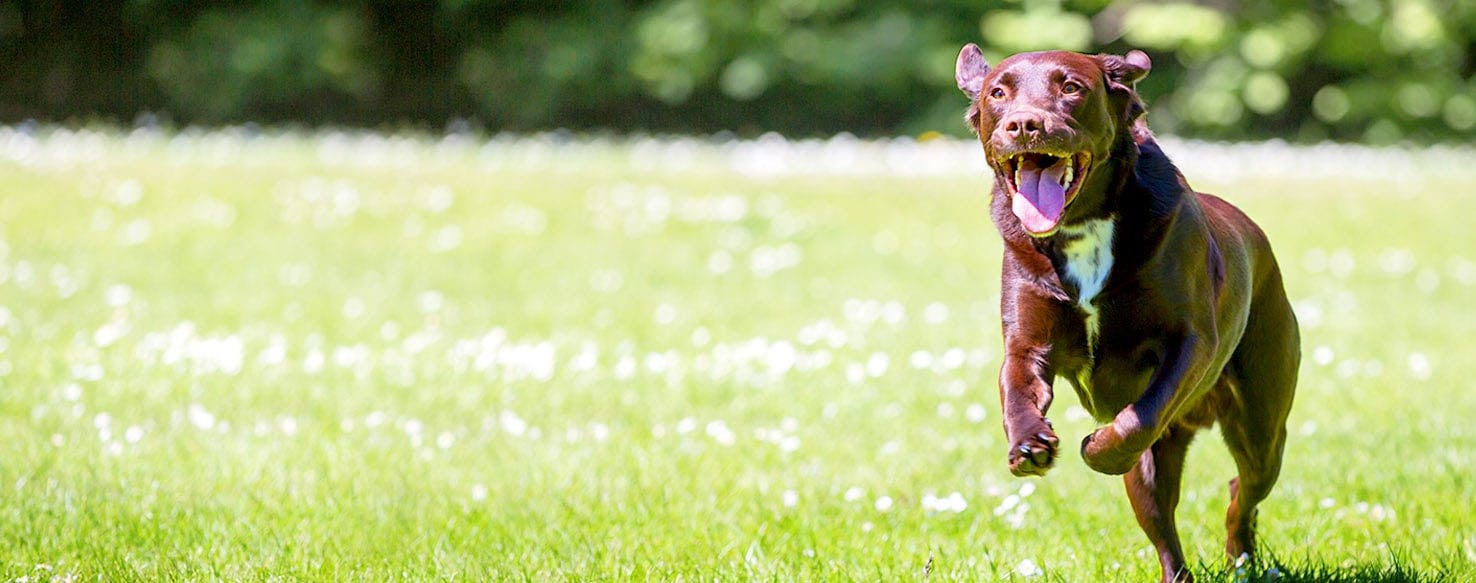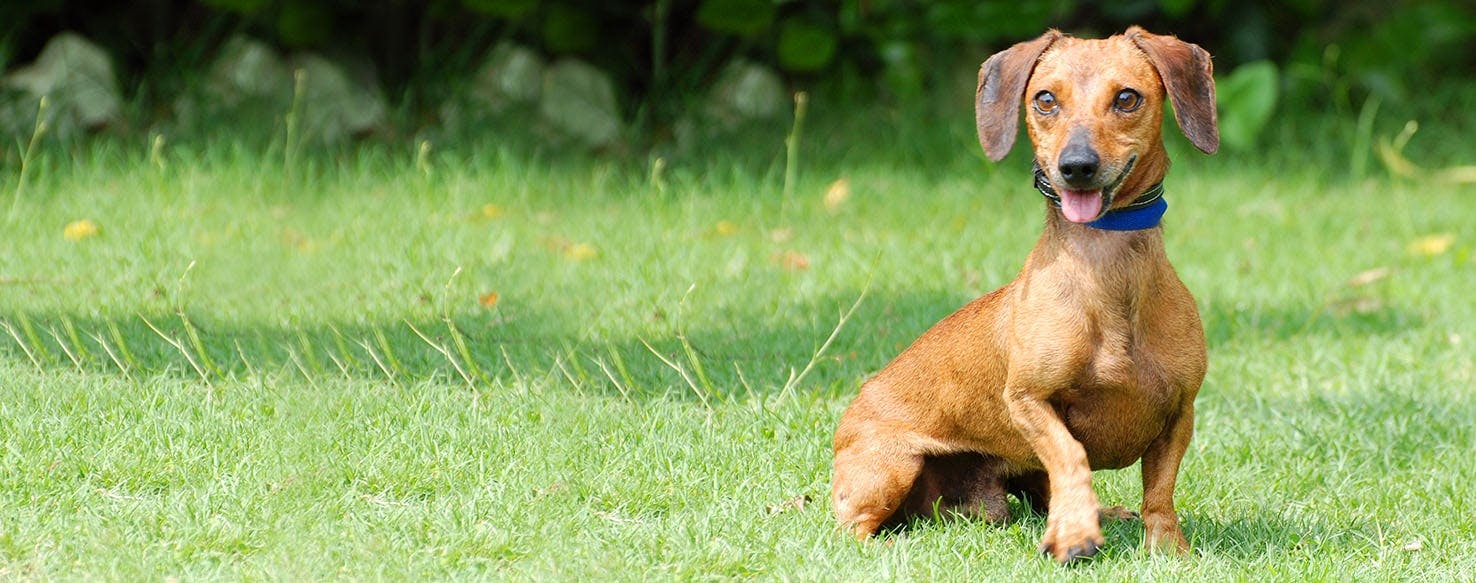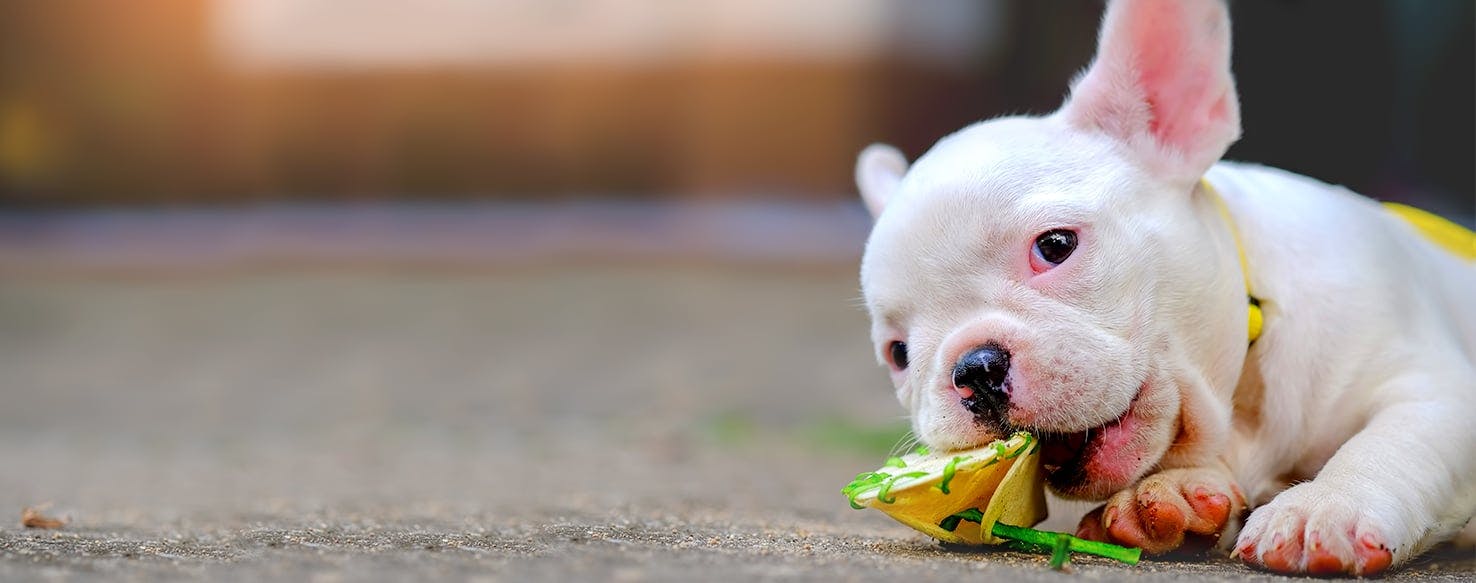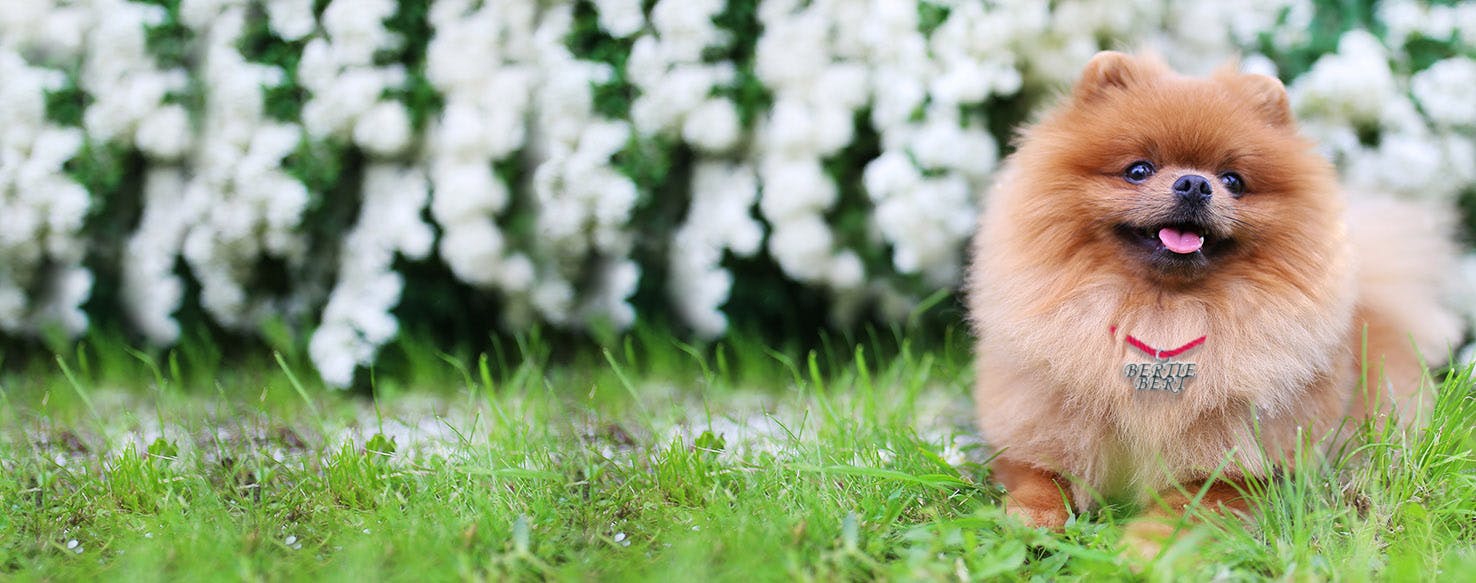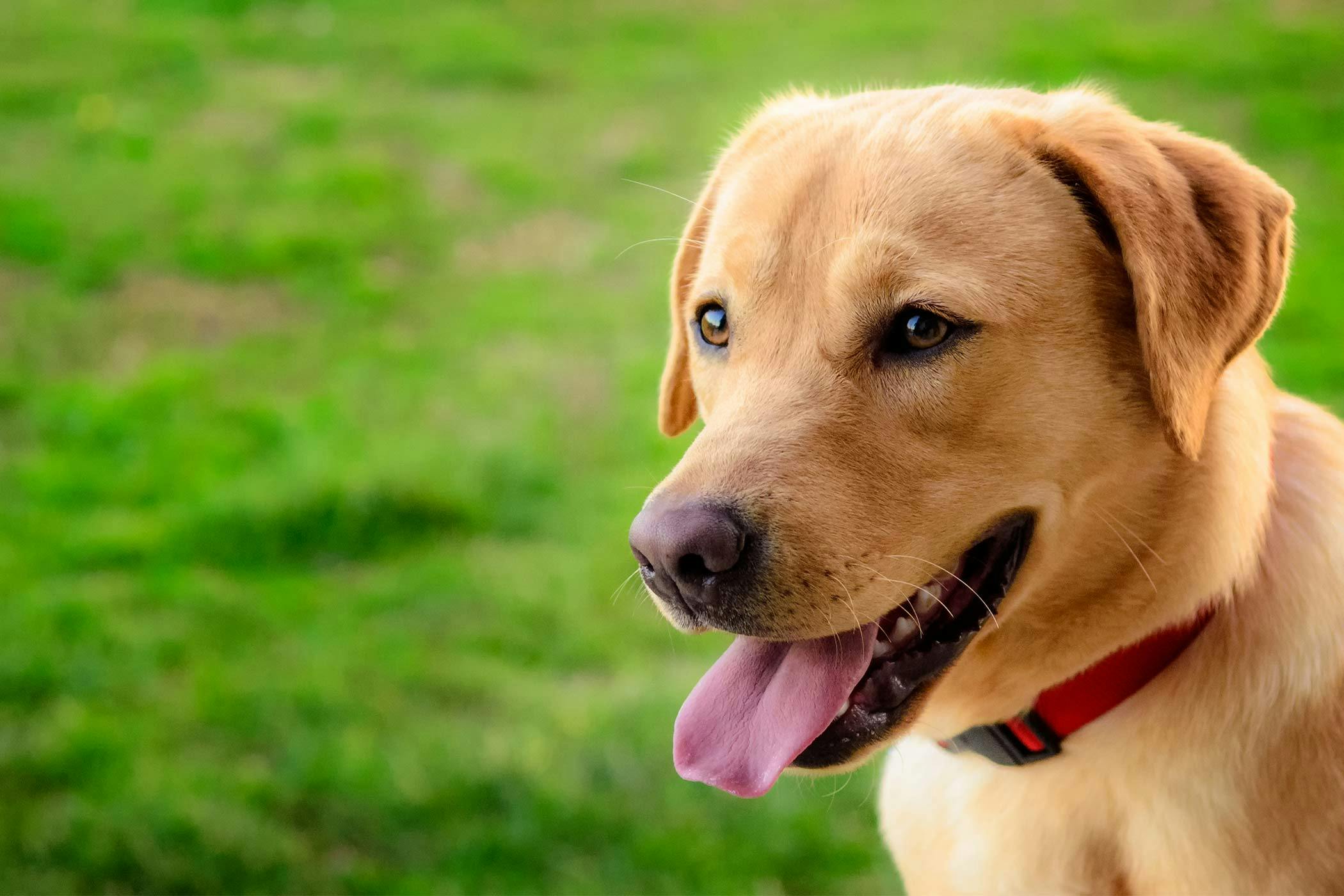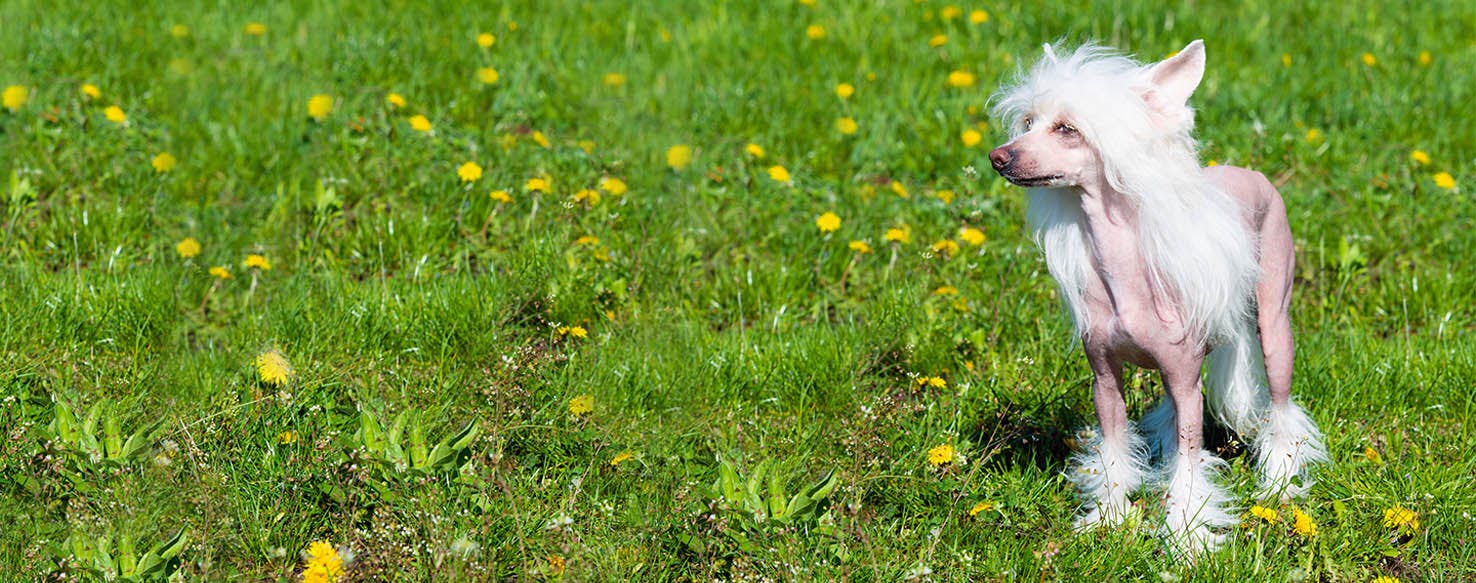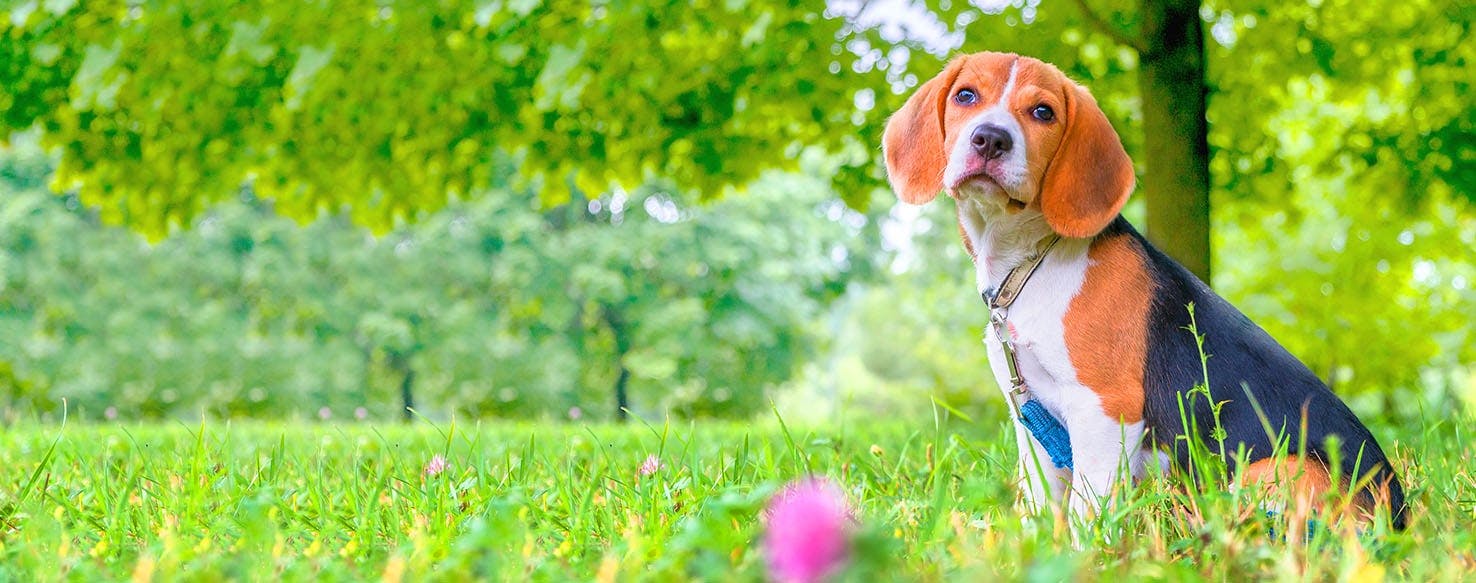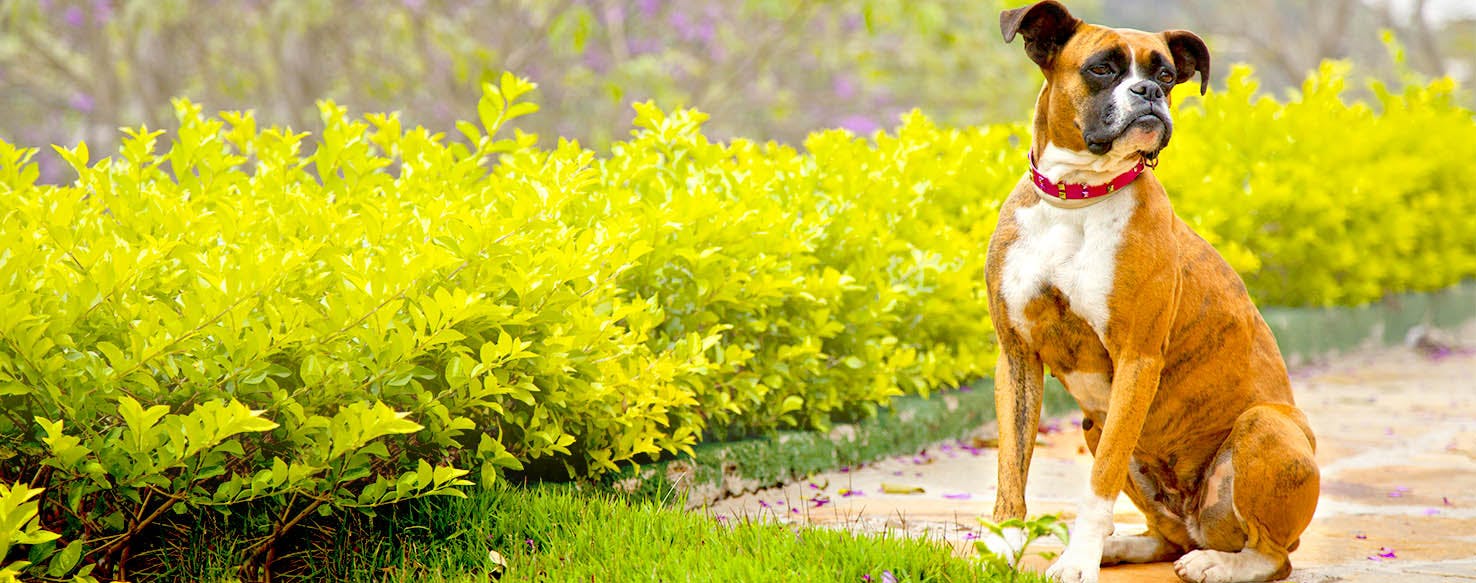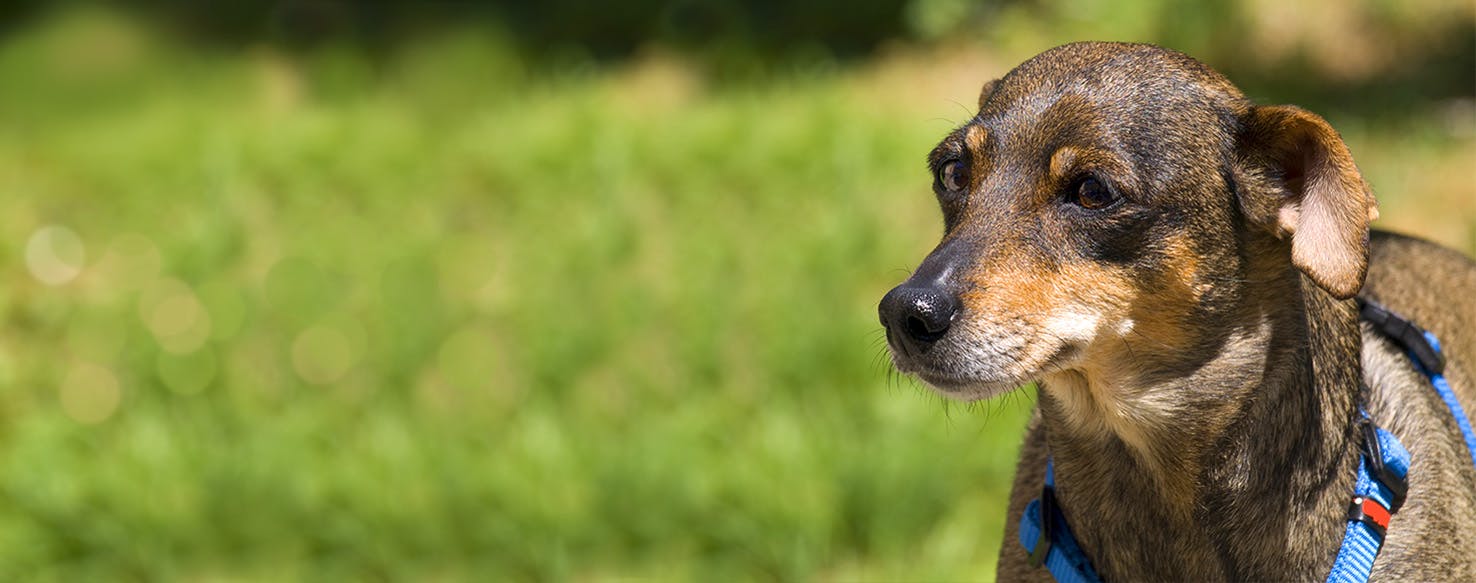Introduction
Yiddish Dog Names in Pop Culture
The Jewish Dog is a book written by Asher Kravitz, about a dog named Caleb. The book has a unique perspective of World War II because the entire story revolves around a canine and focuses on the animal's point of view. This small book has won worldwide acclaim.
At the beginning of the story, Caleb is born in 1935 in pre-war Germany. The puppy is all white with a black circle around his eye and a brown patch on his chest. The sweet pup is adopted by the Gottlieb family and named 'Caleb.'
Caleb has a beautiful life with his Jewish family. The children take the dog on regular walks, and he is bestowed with yummy table scraps from the Sabbath and Passover Seder. Caleb makes friends with other neighborhood dogs and spends his time playing. However, his comfortable and happy life changes. War breaks out in Europe, and the Nazi's are focused on Jewish annihilation.
The Nazi's pass the Nuremberg laws which forbid any Jewish family from owning a dog. Kalman Gottlieb gives Caleb to a colleague. Unfortunately, the man is arrested by the Nazis and Caleb becomes the property of a Nazi officer. Eventually, the Nazi officer is killed, and Caleb runs away to join a pack of wild dogs.
While running with the pack of dogs, Caleb is picked up as a stray and sent to be trained as a guard dog. Upon completion of his training, he is shipped to the concentration camp of Treblinka. At Treblinka, Caleb is reunited with his former family member Joshua Gottlieb, who is a prisoner. To be close to Caleb, Joshua gets a job taking care of the dogs. Caleb is so happy to be with his original owner. Through the years at Treblinka, Joshua and Caleb somehow manage to survive together despite the cruelty of the Nazis and the hardships of the camp.
During a prisoner revolt in Treblinka, Joshua and Caleb make a run for it to escape the camp. They take refuge with partisans in the forest. The duo hides from the Nazi's until the war's end. Eventually, Caleb and Joshua flee Europe to seek a new life in Israel. Ultimately, the two die together in their new home in the Holy Land.
The story of Caleb gives the reader a new perspective on the Holocaust as they see history unfold through a dog's eyes, senses, and heart. Although the story will bring the reader to tears at times, in the end, there is a feeling of wholeness as both dog and owner finally find peace together.
Yiddish Dog Name Considerations
When World War II erupted, there were 13 million Yiddish speakers, but five million died due to the Holocaust. Unfortunately, following the war, the remaining Yiddish speakers were widely dispersed throughout the world as refugees. Many migrated to the United States, the Soviet Union, and Israel. In such locations, they learned the language of the area and ceased speaking Yiddish. Nowadays, in the USA, it is estimated that only a few thousand individuals remain fluent.
Despite the dramatic decline in the language, many Yiddish names remain common in families. If you would like to name your beloved dog a Yiddish name, many will fit your furry buddy perfectly. For a male dog why not call him Aber? Aber is the Yiddish form of Abraham. You could call him 'Abe' for sure. Atle is a lovely female name for a distinguished canine.
Male Yiddish Dog Names
| Votes | Name | Vote |
|---|---|---|
| 1 |
Aizik
Means that he will laugh
|
|
| 1 |
Fivel
This name refers to nursing
|
|
| 1 |
Mendeley
One who is full of comfort
|
|
| 0 |
Anshel
Fortunate and happy
|
|
| 0 |
Arke
One who brings light
|
|
| 0 |
Anschil
One who is fortunate
|
|
| 0 |
Ancel
To be blessed and happy
|
|
| 0 |
Abrasha
A version of Abraham
|
|
| 0 |
Ahron
Refers to a mountain
|
|
| 0 |
Aberlin
The father of multitudes
|
|
| 0 |
Caleb
A Jewish dog during World War II
|
|
| 0 |
Froim
This name means fruitful
|
|
| 0 |
Gel
Refers to the color yellow
|
|
| 0 |
Dudel
One who is beloved
|
|
| 0 |
Elye
This name means height
|
|
| 0 |
Dovid
Yiddish form of David
|
|
| 0 |
Breine
One who is truly blessed
|
|
| 0 |
Chatzkel
God strengthens
|
|
| 0 |
Beynish
To be blessed
|
|
| 0 |
Hersh
A deer
|
|
| 0 |
Hershel
This name refers to deer
|
|
| 0 |
Hersz
A house owner
|
|
| 0 |
Hirsch
This name translates 'deer'
|
|
| 0 |
Issur
This name means Israel
|
|
| 0 |
Lantz
A spear
|
|
| 0 |
Josef
God will rise
|
|
| 0 |
Ner
A candle
|
|
| -1 |
Aver
A father of many
|
|
| -1 |
Avrom
A variation of Abraham
|
|
| -1 |
Moishe
A barren land
|
Female Yiddish Dog Names
| Votes | Name | Vote |
|---|---|---|
| 2 |
Toltse
A sweet girl
|
|
| 2 |
Zissel
A sweet one
|
|
| 2 |
Zissa
A sweet girl
|
|
| 1 |
Shprintza
Yiddish for hope
|
|
| 1 |
Libke
A loved one
|
|
| 0 |
Mindel
A bitter woman
|
|
| 0 |
Mirke
To be bitter
|
|
| 0 |
Perle
A pearl
|
|
| 0 |
Pesha
One who is born on Easter
|
|
| 0 |
Shaina
Yiddish for beautiful
|
|
| 0 |
Shana
One who is beautiful
|
|
| 0 |
Shayna
A beautiful woman
|
|
| 0 |
Toiba
This name refers to a dove
|
|
| 0 |
Goldie
To be expensive
|
|
| 0 |
Golds
A precious metal
|
|
| 0 |
Adila
An honest thought
|
|
| 0 |
Henye
God is gracious
|
|
| 0 |
Henda
Favor or grace
|
|
| 0 |
Hinda
A female deer
|
|
| 0 |
Hudes
One who is praised by everyone
|
|
| 0 |
Mesh
A trap
|
|
| 0 |
Minah
Refer to bitter
|
|
| 0 |
Chayna
A bold and beautiful female
|
|
| 0 |
Elkie
Means God bought
|
|
| 0 |
Cheyna
A beautiful woman
|
|
| 0 |
Bine
This name means bee
|
|
| 0 |
Baile
One who is troubled
|
|
| 0 |
Baila
A beautiful form of dance
|
|
| 0 |
Badane
One who is given by God
|
|
| -1 |
Alte
An older and distinguished woman
|
